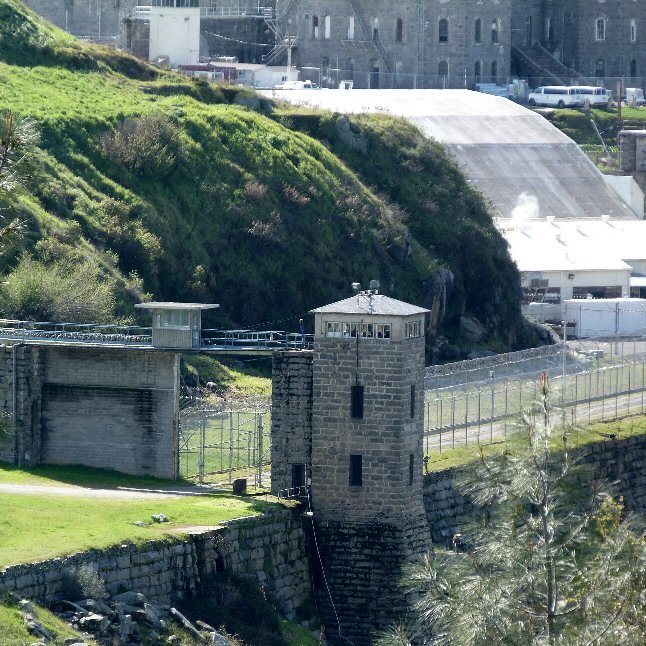Kelso said he reviewed a 5-inch-thick binder of medical data and an April report by the state's inspector general that found Folsom provides adequate care to its nearly 2,400 inmates.
Folsom, about 20 miles east of Sacramento, was the first prison to be inspected.
U.S. District Court Judge Thelton Henderson of San Francisco said in March that he would consider ending his oversight after all 34 adult prisons pass inspection.
"We're pleased and ready to start taking back control of medical care," corrections secretary Jeffrey Beard said in a statement. "We know that other CDCR prisons are ready to step up in the months ahead and we will continue collaborating with the Receiver's Office to ensure inmates at all of our facilities receive appropriate health care."
Don Specter, director of the Berkeley-based Prison Law Office representing inmates in the lawsuit, said it's good that care has improved at Folsom, but attorneys will continue monitoring.
"One of the things I'm most concerned about is whether the state has reformed its processes, so that all the improvements that the receiver has made over the last 10 or so years are sustained," Specter said.
Kelso reported in March that conditions statewide have substantially improved, although some prisons are doing better than others and more work remains to be done statewide.
Under the judge's rules, Kelso could retake control of a transferred prison if conditions decline, but the goal is for the receiver to eventually monitor rather than run the health care system.
After the state maintains control of all its prisons for a year, Henderson will consider ending the receivership under the presumption that prison health care meets constitutional standards. Inspections at 10 other prisons are scheduled through early September, and the process is expected to take more than a year.
The Correctional Training Facility in Soledad and the California Rehabilitation Center at Norco also have received passing grades. There are no immediate plans, however, to restore state control at either facility.
Kelso said he will delay a decision on the dilapidated Norco prison until the state decides whether it should be abandoned, a decision that Gov. Jerry Brown has said won't come until next year.
